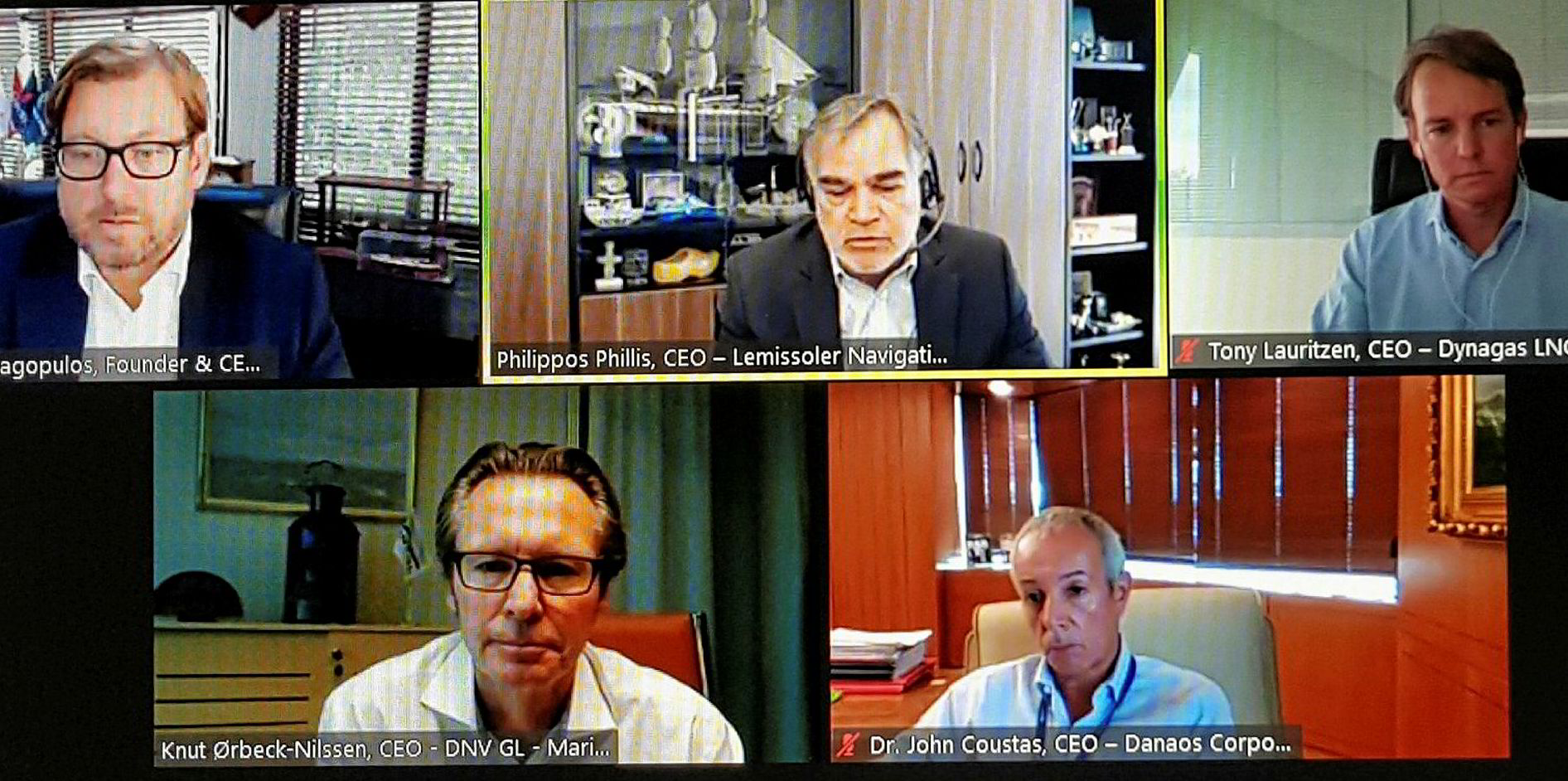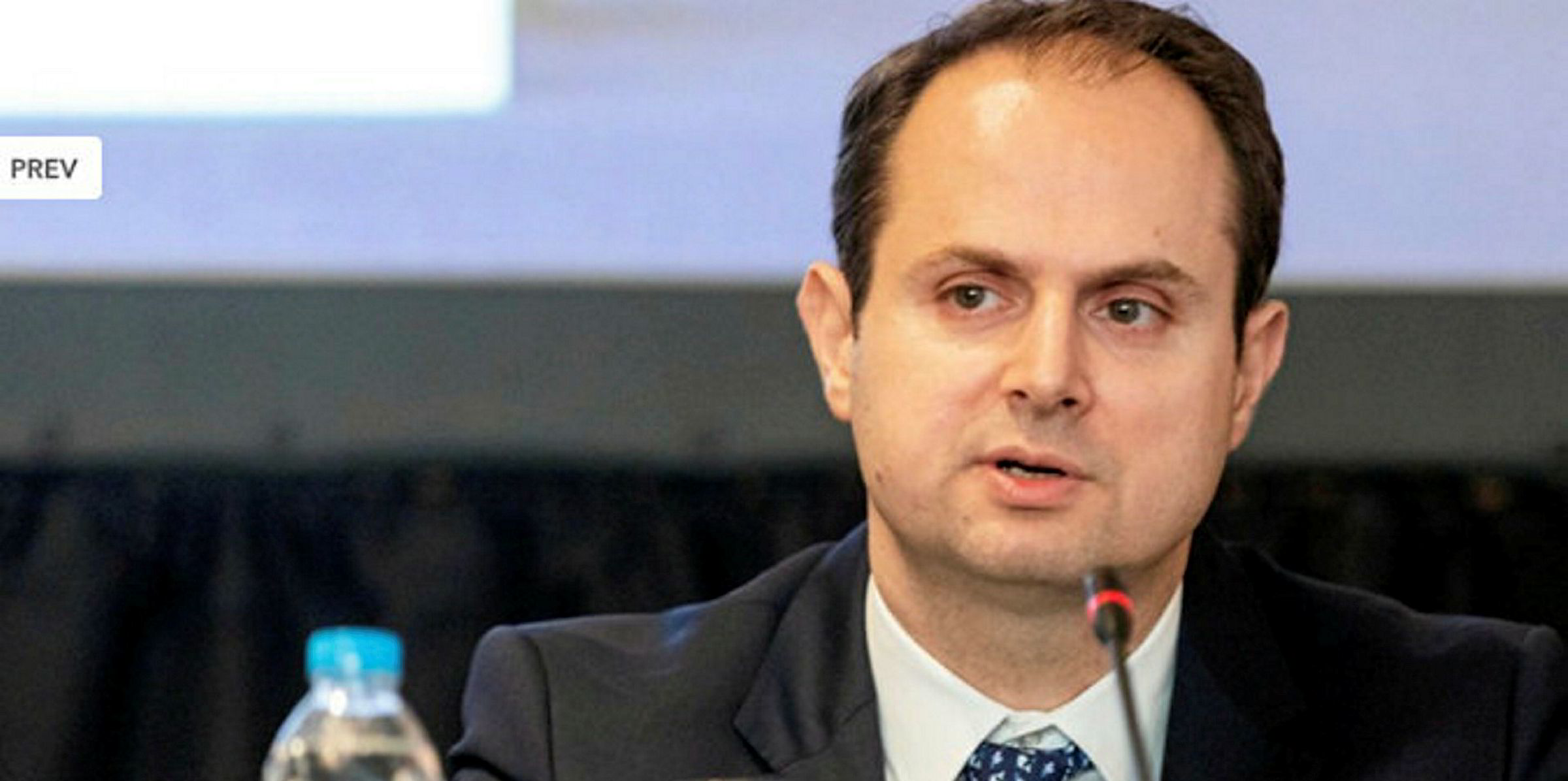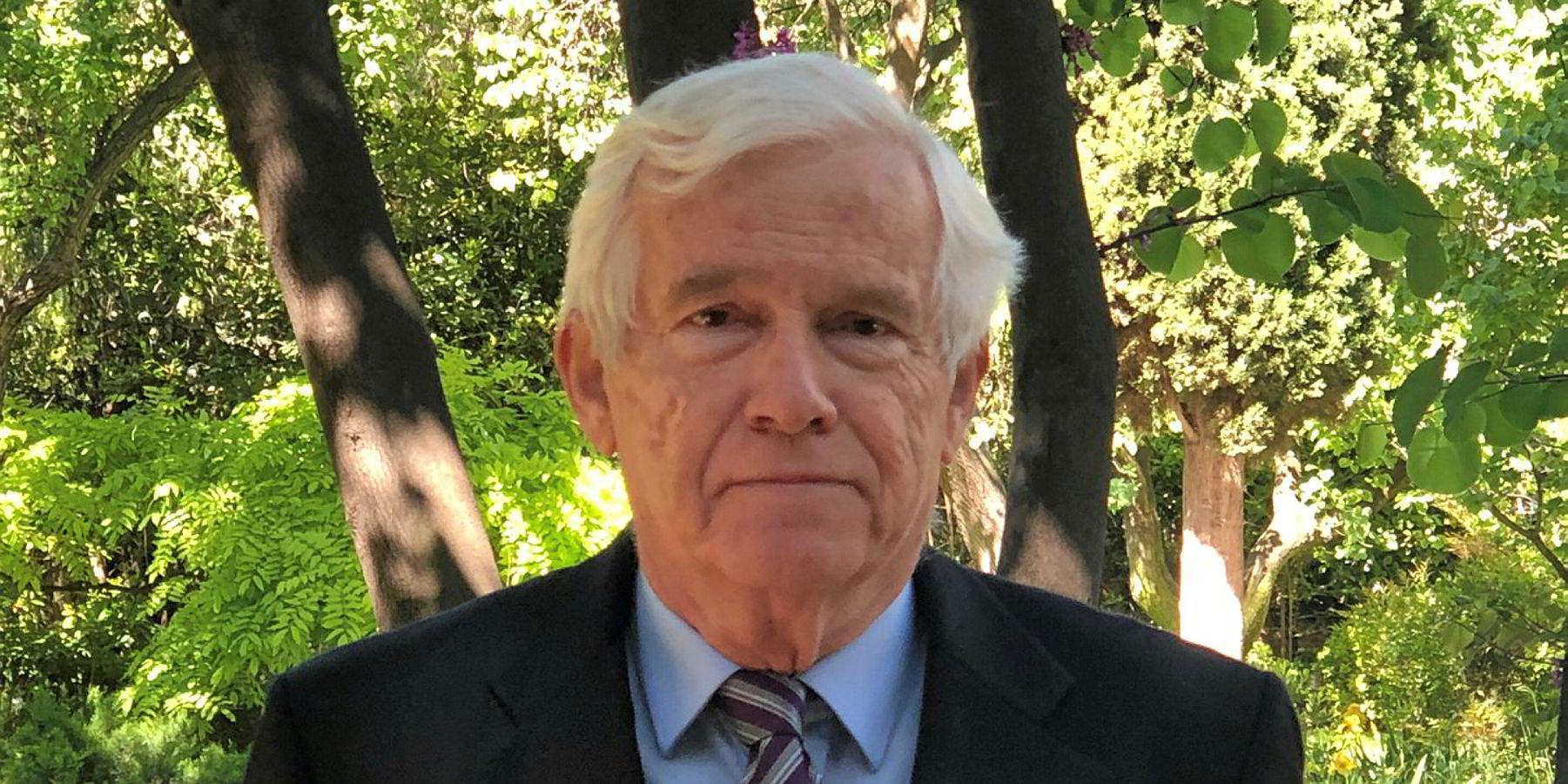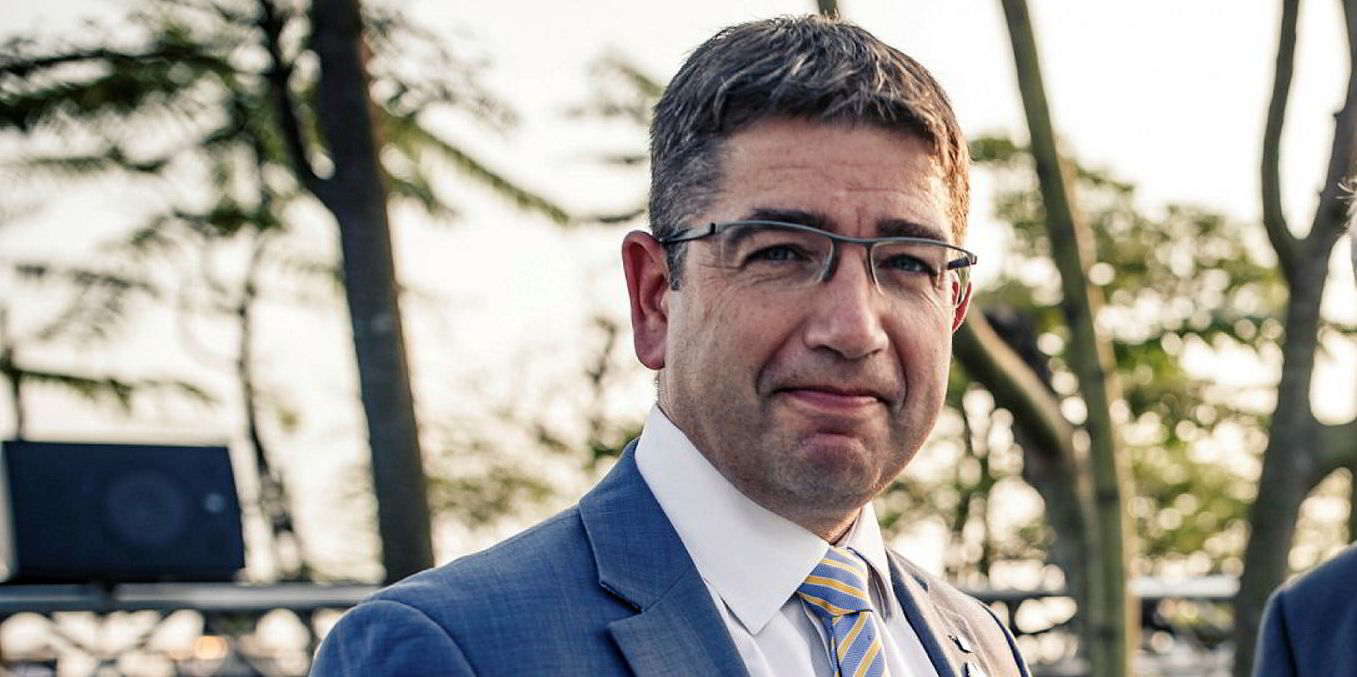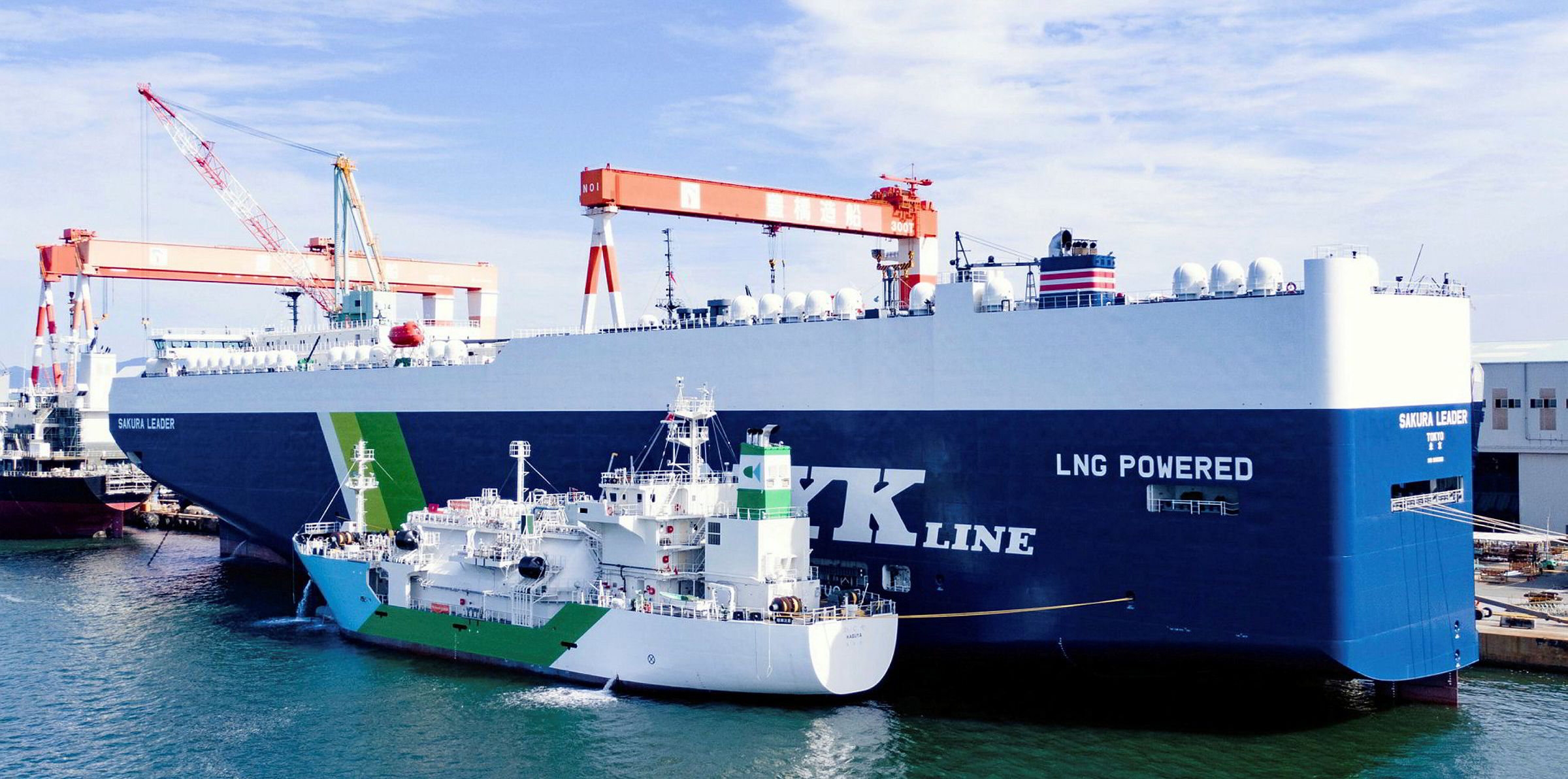Ship charterers are not prepared to pay more to back owners who want to renew their fleet with more environmentally acceptable vessels, according to Forward Ships founder and chief executive Alexander Panagopulos.
Speaking at the Greek industry focused Capital Link Shipping Forum Wednesday Panagopulos said: “The path to 2030 and 2050 essentially dictates that we as an industry take radical steps to decarbonise our future with essentially immediate effect.”
He said the IMO, creditors and charterers are challenging the shipping industry to make the move.
But added: “It seems that there is no-one out there that will pay adequately more for a greener ship. This is what is hindering us.”
Instead he said charterers want to pay less and owners now have to pre-pay for bunkers to ensure compliance so their vessels can be given preference.
“It’s a very challenging environment,” he said.
Substantial cost
Dynagas LNG Partners chief executive Tony Lauritzen said there is a “substantial cost increase” to using greener fuels.
But he said this is dependent on the shipping sector.
Lauritzen said big oil is not looking at chartering LNG-fuelled tankers in the long term that will give reasonable return on investment to owners. But he said the picture is different for the boxship sector where its end-users are more invested in the transportation.
It is important to embrace alternative fuels, he said. “But we need the support of the chartering community."
Moderator and self-confessed advocate of LNG-fuelling DNV GL maritime chief executive Knut Orbeck-Nilssen asked panellists what fuel they would choose to future proof their ships.
Fuel clarity
Danaos Corp chief executive John Coustas, whose company has concentrated on obtaining carbon reduction goals on by improving the operational aspects of its ships, said it is not easy to build a completely new fleet today when there are no breakthrough technologies that are going to decarbonise shipping.
"We cannot take the initiatives as shipping and build an infrastructure that will support carbon-free vessels because it is not up to us to manufacture the fuel," Coustas said.
Instead, he said the industry should focus on its expertise and minimise the energy required to move cargo until there is a better carbon-free fuel available.
“The problem is that we do not have clarity on the fuel,” he said.
LNG fan
Panagopulos had a different answer.
“I do not see any other realistic or practical choice other than LNG and then a mixture of biogas.”
He said LNG has unrivalled emissions credentials, is available today and the additional capital expenditure it demands are improving every day.
Panagopulos said the industry has shown that it can meet and exceed the IMO’s 2050 emissions target by blending biogas into the LNG fuel mix.
But Lemissoler Navigation CEO Philippose Phillis said the infrastructure is not yet in place that will provide a solution for completely carbon-neutral shipping.
Giving an example, he said the ammonia production per year for the consumption of four panamax bulkers would cost $1bn, before any additional pricing for producing this from renewable sources.
Phillis is also concerned that the calorific value of some of the future fuels under discussion is 50% lower than that of their fossil cousins.
“I don’t see in the near future any solution that is fit for every purpose,” he said.
